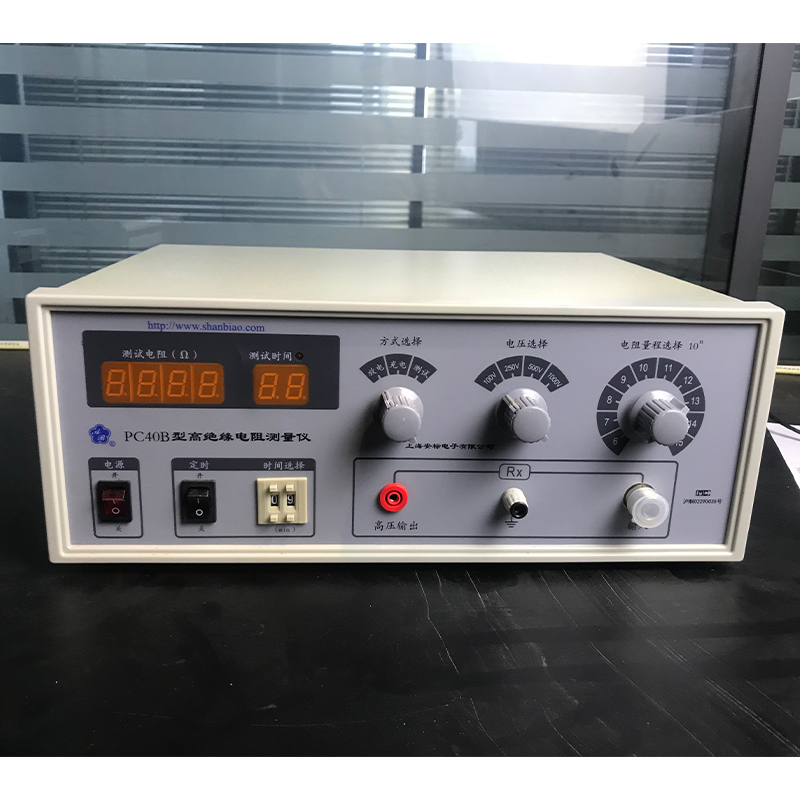Mechanical Tensile Testing Machine for Material Strength Assessment and Analysis
Understanding Mechanical Tensile Testers Essential Tools for Material Testing
In the field of materials science and engineering, the mechanical tensile tester stands out as an indispensable instrument used to assess the tensile properties of various materials. These testing machines play a crucial role in quality control, research and development, and ensuring the reliability of materials used in various applications, from construction to aerospace.
At its core, a mechanical tensile tester measures how a material responds to tensile stress, which is the force applied in a manner that tends to stretch or elongate it. The primary purpose of this testing is to determine key material properties, including tensile strength, yield strength, elongation at break, and modulus of elasticity. These properties provide insights into the material's ability to withstand loads without failing, making them critical for engineers and manufacturers.
The testing procedure generally begins with the preparation of a standardized specimen, often shaped according to ASTM (American Society for Testing and Materials) or ISO (International Organization for Standardization) guidelines. The sample, typically in the form of a round bar or a dog-bone shape, is securely mounted in the grip of the tester. The machine then applies a controlled tensile load to the specimen until it fractures. Throughout the test, the force and the elongation of the sample are continuously monitored and recorded, allowing engineers to create stress-strain curves that graphically represent the material’s response to the applied stress.
mechanical tensile tester

One of the most significant aspects of a mechanical tensile tester is its ability to deliver accurate and repeatable results. Modern machines are equipped with advanced software that not only facilitates the testing process but also analyzes the data in real time, ensuring that engineers can make informed decisions based on empirical evidence. These systems often include features such as extensometers, which measure the precise change in length of the specimen under load, thereby enhancing the accuracy of the elongation measurements.
Furthermore, mechanical tensile testers can be categorized into two main types static and dynamic testers. Static testers are commonly used for standard tensile testing, while dynamic testers can simulate conditions such as fatigue and impact testing. This versatility allows for comprehensive characterization of materials, which is essential when evaluating materials intended for demanding applications where durability and reliability are paramount.
In addition to structural materials, tensile testing is also vital in characterizing polymers, composites, and even biological materials, thereby broadening the scope of the application of mechanical tensile testers. This flexibility has placed these machines at the forefront of research in new material development as industries continuously seek stronger, lighter, and more sustainable materials.
In conclusion, the mechanical tensile tester is a fundamental tool in both industrial and research settings. Its ability to quantify the mechanical properties of materials helps ensure that products meet safety and performance standards. As technology advances, these testing machines will undoubtedly continue to evolve, playing an integral role in the development of innovative materials that drive progress in numerous fields.
-
reliable-performance-testing-with-advanced-aging-chamber-solutions
NewsAug.23,2025
-
advancing-precision-with-profile-projector-technology
NewsAug.23,2025
-
uv-led-ultraviolet-crosslinking-technology-innovation-and-prospects
NewsAug.23,2025
-
ensuring-safety-and-compliance
NewsAug.23,2025
-
electrical-properties-testing-in-modern-applications
NewsAug.23,2025
-
universal-tensile-testing-machine-applications-in-modern-electrical-and-material-testing
NewsAug.23,2025
 Copyright © 2025 Hebei Fangyuan Instrument & Equipment Co.,Ltd. All Rights Reserved. Sitemap | Privacy Policy
Copyright © 2025 Hebei Fangyuan Instrument & Equipment Co.,Ltd. All Rights Reserved. Sitemap | Privacy Policy

